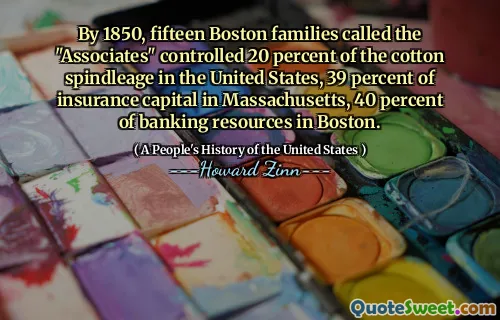
The rural Vietnamese was not regarded simply as a pawn in a power struggle but as the active element in the thrust. He was the thrust.
This quote highlights a profound perspective on the agency and importance of rural Vietnamese people within the context of social and political struggles. Often, in narratives surrounding conflicts, especially colonial or revolutionary ones, rural populations are depicted as mere pawns—passive recipients of decisions made by elites or wielders of power. However, this quote flips that narrative, asserting that these individuals are not just passive victims but are integral to the movement itself; they are the driving force, the core of progress and change. Such a view emphasizes the importance of recognizing local, grassroots participation in any struggle or revolution. It underscores the idea that real power resides within the marginalized and that their active involvement is what truly propels change.
In the broader context, especially in a revolutionary setting like Vietnam's fight for independence, this perspective is a reminder that systemic change relies heavily on the participation and activism of ordinary people. Their resilience, strategy, and commitment shape the trajectory of historical events more than external forces or leaders alone. It also calls for a recognition of the dignity and agency of rural communities, advocating for a shift away from viewing them merely as obstacles or collateral damage towards understanding them as vital contributors. This insight remains relevant today as it encourages empowering local communities, appreciating their strengths, and valuing their role as active agents of change rather than passive recipients of larger geopolitical games.







